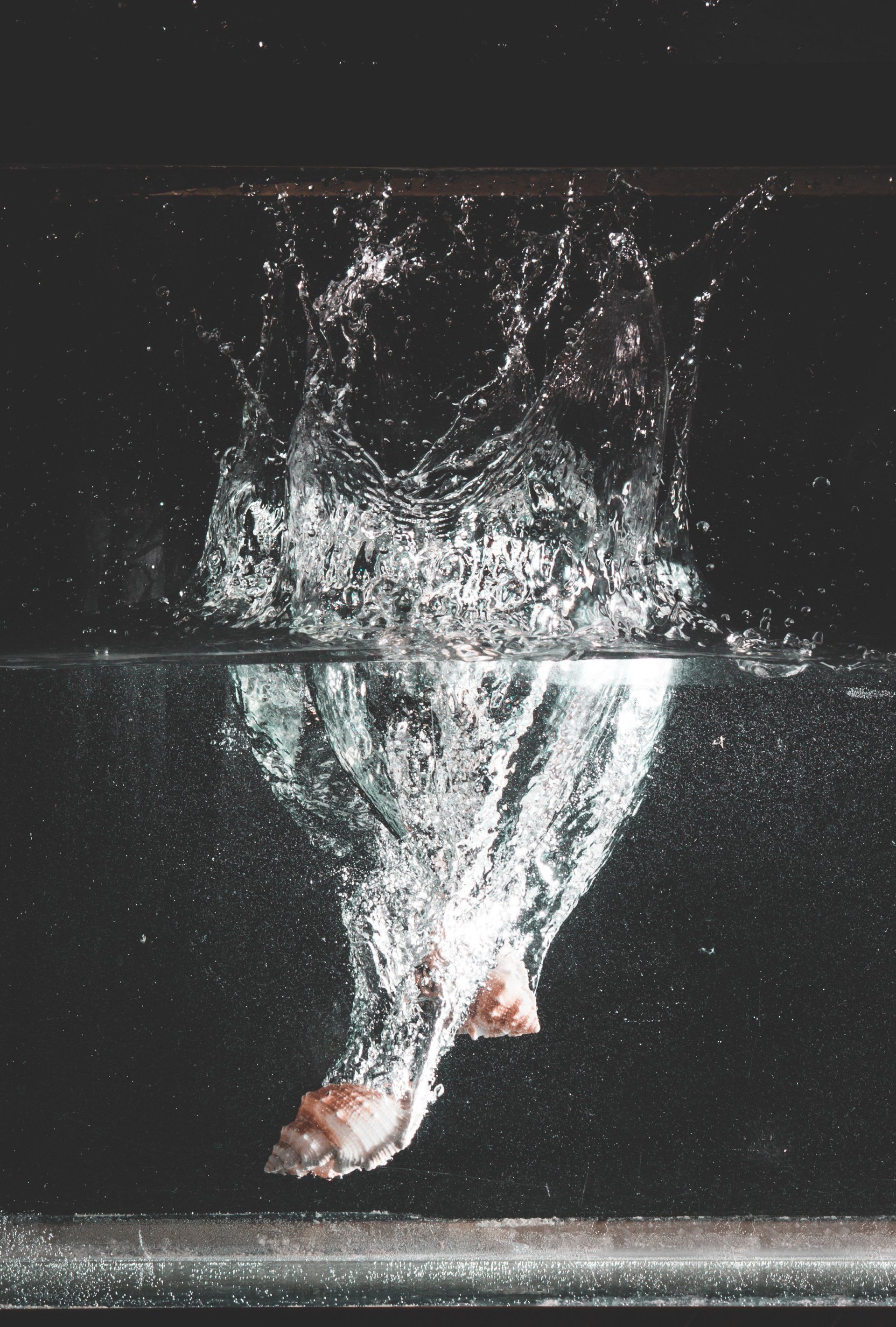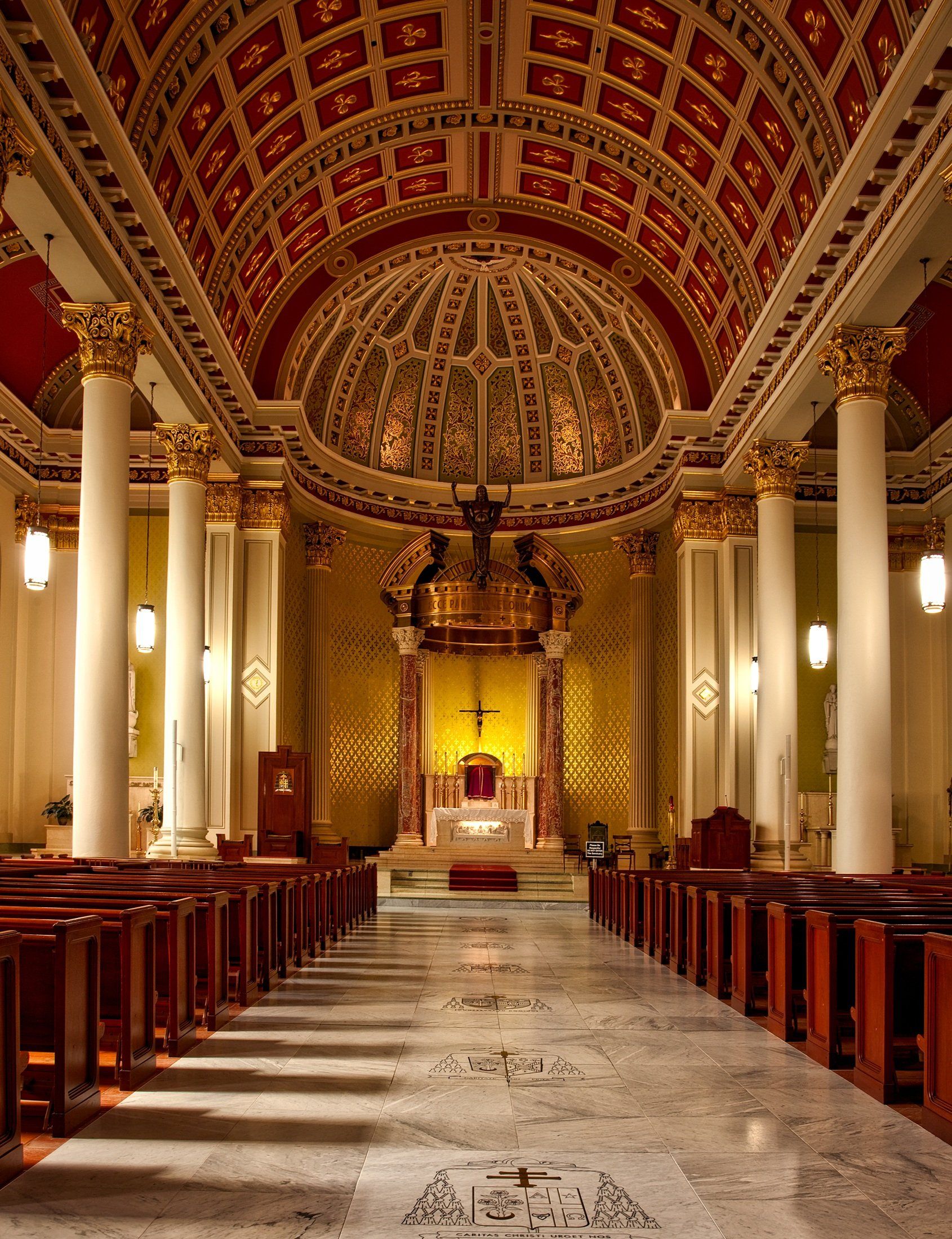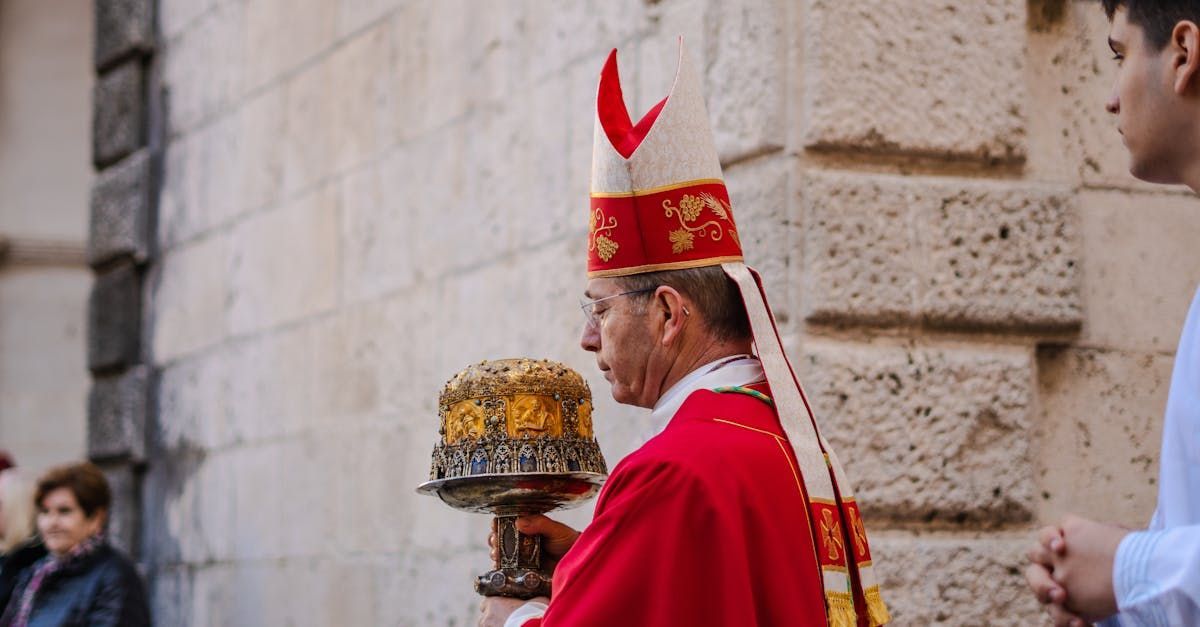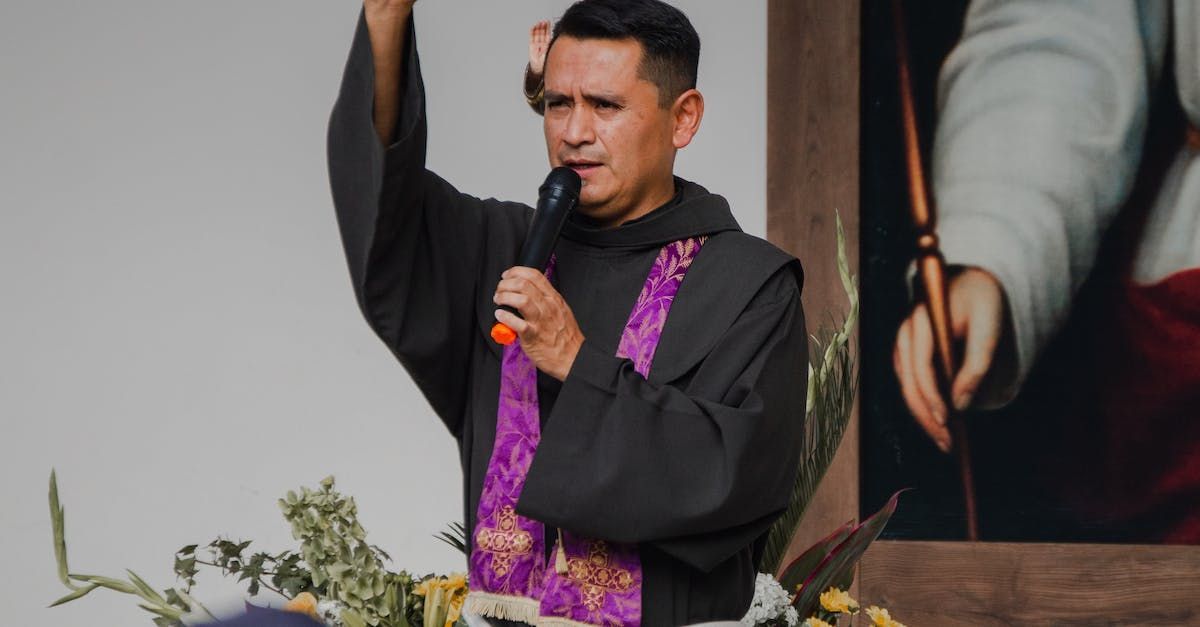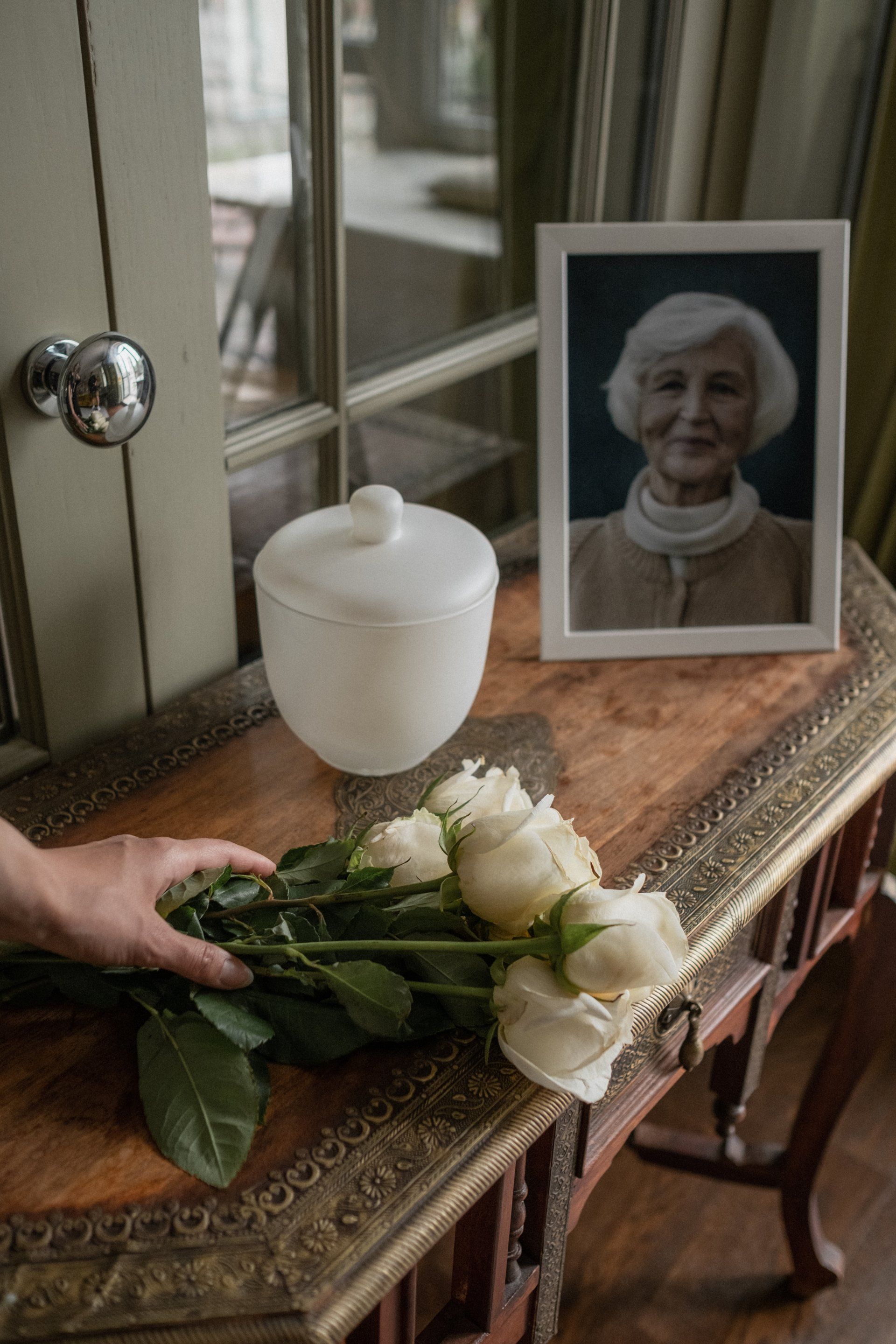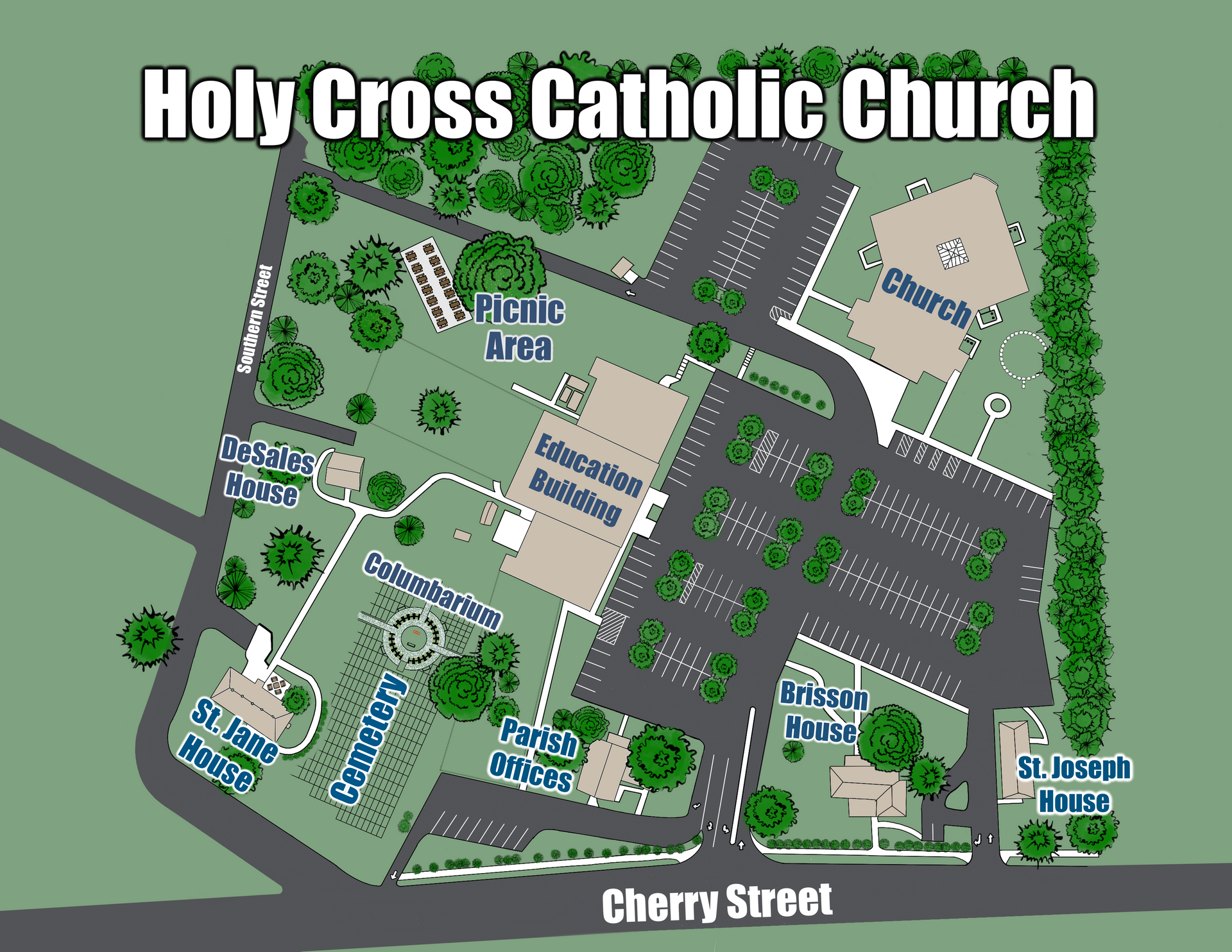Crisis of Tolerance
The root of American religiosity is Puritanism and Deism. The Puritans wanted a new life free of organized religion and Papist traditions that had no root in Scripture. Some, like the Dutch Reformed, went so far as to hold dualistic beliefs, meaning that any sort of enjoyment in created goods was a temptation to sin. For the part of Deism, quintessentially ingrained in the majority of minds of our Founding Fathers, God was not personal or providential, nor was he kind or vengeful. He simply created the universe and set it in motion. Man, in their view, sets his own destiny and creates himself in his own image.
It is no wonder, then, why at the heart of American history is a pervading anti-Catholicism. There was a suspicion in America that the Papist Catholics could never be loyal to a nation state, only the Roman Pontiff. This was the predominant case against Catholics until around the founding of the country, that the pope was the Anti-Christ, and the Church was the Whore of Babylon. After the founding of the country and the promise of a free society, waves and waves of immigrants fled to America. The great number of immigrants from Italy, Ireland, Poland, and Germany were Catholic and brought their own priests with them. This next wave of anti-Catholicism was not based on anti-religion but manifested in the xenophobic Nativism movement. Due to this persecution in American life, Catholics had to make a life for themselves in which the faith could be lived and passed on to future generations.
I would like to signal a positive and negative consequence of this ongoing anti-Catholic environment in the history of our country. In a very positive way, Catholics created vast networks of infrastructure to support living in accord with their faith. This includes universities, hospitals, parochial schools, and social organizations as counterparts to the Protestant institutions that were barred to Catholics. A negative consequence is that it isolated Catholics from their neighbors and fellow citizens in lieu of personal safety and security.
The early 20th Century began to show a new appreciation for Catholics in the United States. While there were still tense and even violent situations with Freemasons and the Ku Klux Klan, the Catholic Church began to speak its mind on American life and politics, even when butting heads with the Roosevelt administration. But the Catholic bishops remained united in their principals that a faithful Catholic can be loyal US citizen and that robust Catholic institutions are a benefit to society. While non-Catholic institutions barred Catholics from participating, Catholic institutions were open to all.
Throughout the 20th Century, Catholics have overcorrected in trying to “be like everyone else” in order to be accepted and minimize persecution. We often hear that it is impolite to speak of politics and religion, and yet I can think of no two subjects more important to discuss with my neighbors and fellow citizens. We have been far too content for far too long to have a libertarian mindset when it comes to the values of our country because it is easier not to stand up and defend our Gospel-based principles and beliefs. The more principally and traditionally Catholic we are, the better citizens we become because we not only increase the valor of the earthly state, but we also increase the number of heavenly citizens. As our Lord reminds us in the Gospel today, he does not need meek disciples. He calls those who are ready to stand for truth, justice, and rectitude. I am reminded of Fulton Sheen’s essay on toleration. Even in his own day he heard it said that American was suffering from intolerance, but he broke it down quite succinctly: “Tolerance applies only to persons, but never to truth. Intolerance applies only to truth, but never to persons. Tolerance applies to the erring; intolerance to the error.” Our Lord wants disciples who are intolerant of error, but always accepting, loving, and correcting the one who errs.
Pastor's Ponderings

